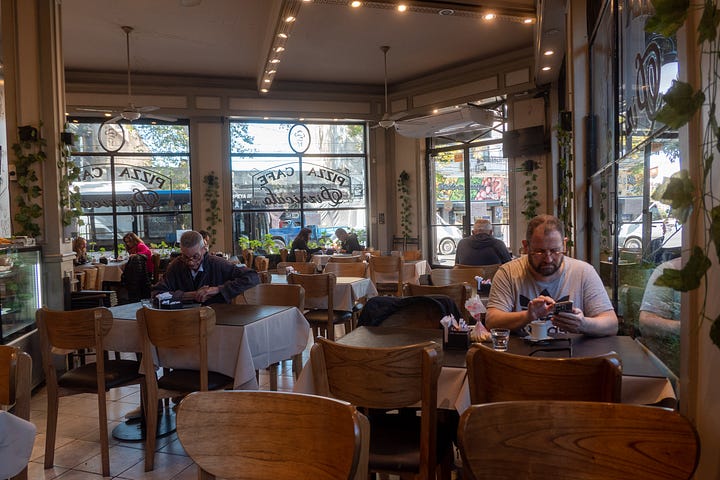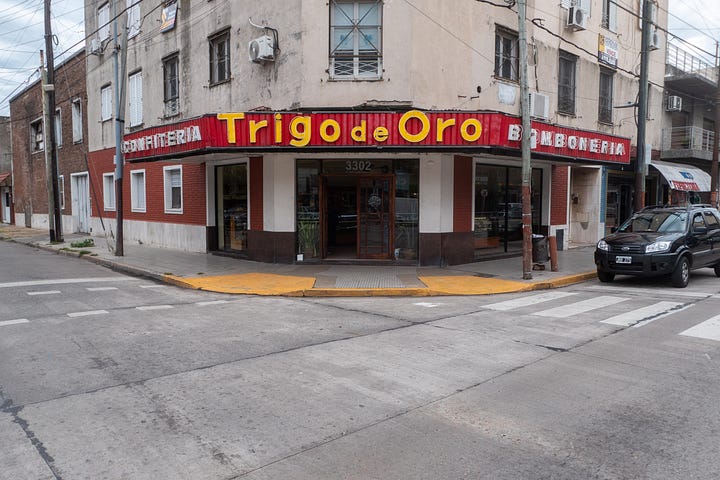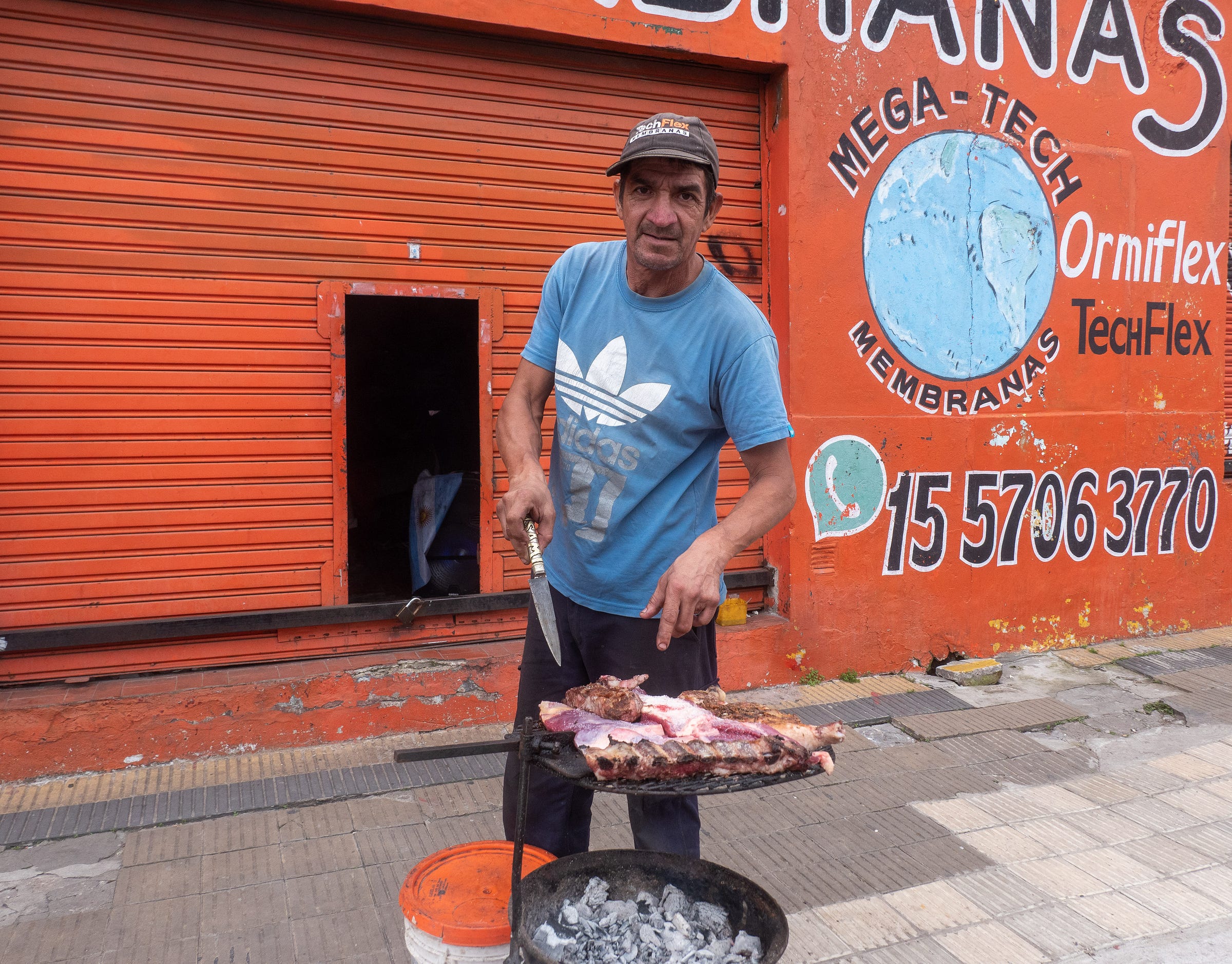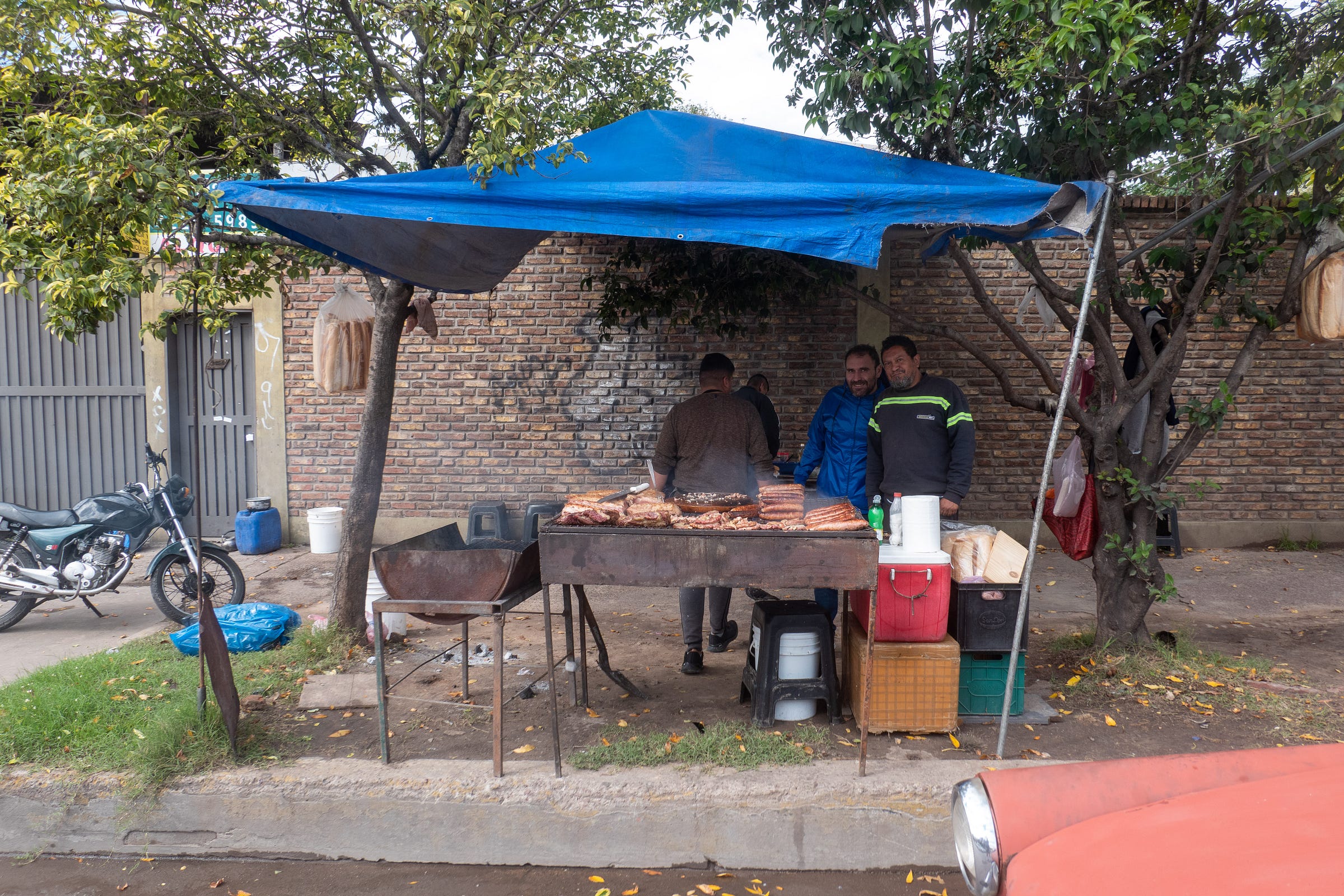Last week’s post was critical of Argentina, but had little to say about Buenos Aires itself, which is a magnificent city, if you can pull off the whole ‘making a steady income in dollars’ thing, which most residents can’t.
Buenos Aires’ problems are not about its architecture, cuisine, pollution, parks, public transport, or any other quality of life issue, it excels in all of these, but about political, economic, and social forces facing every Argentinian.
Which makes it the classic “great place to visit, wouldn’t want to live there” city, which, at least for me, begs an ethical question every traveler should consider, but few of us do.
But before I get to that pesky less-fun question, I want to write about why Buenos Aires is such a magnificent city. The concise overly simplistic answer is it’s a European city in America: A well-designed city that cares about good living, but without the lineage or legacy to have too many airs about itself, or to be fossilized by it’s past. So, a Paris without the snootiness, or Amsterdam without the up tightness.
Like Europe, it has high quality public transportation, with an inexpensive and extensive bus system1, which means you can get between any two points quickly, and only for a quarter.
It also has Europe’s density, with neighborhoods of tall apartment buildings, so similar and vast it almost tips into a sterile numbness, which is saved only by the ubiquitous corner shops.
The corner shops are what really define Buenos Aires for me — mostly independently owned cafeterias, bakeries, restaurants, cafes, or kiosks, each enough of a variation on a theme that they provide the comfort of the familiar with the uniqueness of the particular. And like in Europe, they are easy going, with no sense of urgency in them. No rush to move on once you’re done with your meal.
You can linger in them, and most customers do, often all day, making for relaxed spaces to sit, think, and watch the world slip by. This is an especially appreciated feature for someone who often eats alone, and worries about taking up too much space.




These bespoke shops are everywhere, not confined to corners, although that’s where they’re most noticeable. Sometimes they even manage to occupy every corner of an intersection, making going out an anxiety of choice problem — should you get the asado at the NW corner bar, the spaghetti at the SE corner cafeteria, the empanadas at the NE corner cafe, or the cafe con leche and medialunas at the SW corner bakery?
It’s the regularity of these shops, not limited to upscale neighborhoods, that’s most different from Europe (and parts of the US), where zoning is stringent, and there’s a belief that a high-quality life comes from a clean division between commercial and residential.
Instead Buenos Aires, when it comes to zoning, is firmly a Latin American city, comfortable with a chaos that’d make the Dutch shudder with anxiety. In my piece what makes a city walkable, I highlighted the essentialness of “localized distribution” which I defined as,
…are the resources to living (retail stores, parks, markets, bars, restaurants, museums, etc) evenly distributed geographically, or are they all clustered in certain areas?
Is every neighborhood (since every city is a federation of neighborhoods) essentially its own micro-city so that a resident can live locally?
Buenos Aires does localized distribution exceedingly well, almost to an Asian level. It does almost everything that makes a city walkable well — pedestrian infrastructure, public transport, density, parks (things to walk to), and even crime/pollution.
Buenos Aires scores well in walkability, but it’s also an example of a city that’s even more livable than it’s walkable.
I wrote in my last piece that one of the core elements of being Argentinian was “a cynicism that’s reached nihilistic levels. A nationalism grounded in a destructive and retaliatory self interest.”
While that was a little unfair of me, it also misled some readers to believe2 I thought it was their only source of national identity, their only culture — which isn’t true. There’s a well defined culture, and a well defined appreciation for what it means to be Argentinian, beyond the political cynicism.
There is, as some pointed out, a national unity behind their soccer team, as well as culinary pride. Yet, deeper than that, there’s an underlying belief that they know how to live well. Are able to strike the correct balance between family, friendship, and work. Thriving, both in material and spiritual terms, which means working enough to be able to acquire the good life, but not so hard as to be so busy you never live it.






